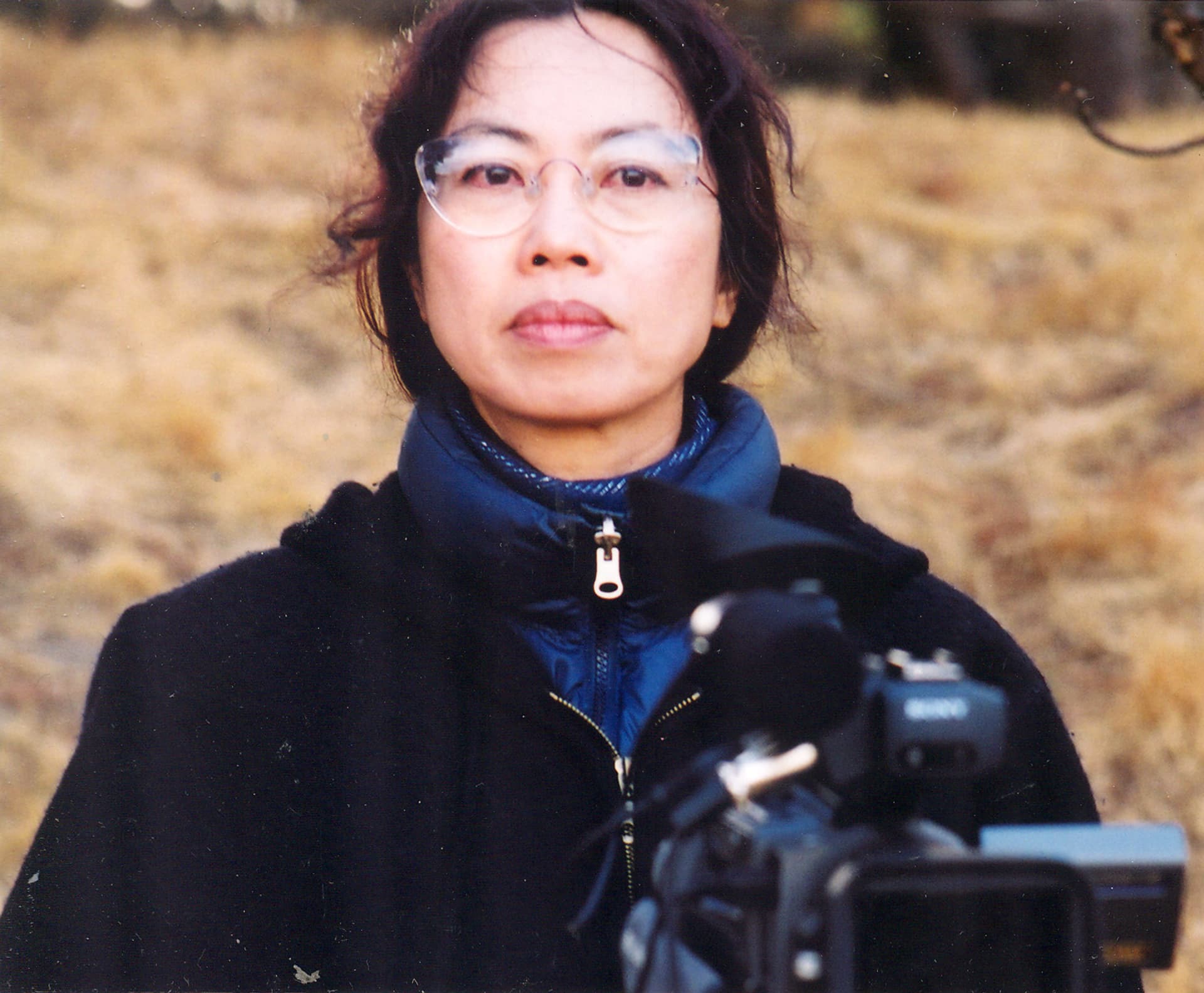
What about China?
Wednesday 16.11.22
Welcome to the screening of Trinh T. Minh-ha's latest feature What about China?, which recently won the New:Vision Award at CPH:DOX.
About the film
Drawing from footages shot mostly in 1993–1994 in villages of Eastern and Southern China linked in common lore to the remote origins of China’s civilizations, What About China? takes the notion of harmony in China as a site of creative manifestation. Highly valued as a virtue and a guiding criterion in ethics, harmony has played an important role in the lives of Chinese people since ancient times. It encompasses the fundamental principles of nature, society and humanity, summing up three main relations: harmony with society; harmony with nature; and harmony with oneself. Featuring a multiplicity of voices and narratives embedded in a rhythmic conversation between the still image and the moving image, the work also reflects on the film medium itself. Trinh T. Minh-ha avoids abiding by film genres and categories, and instead remains open to allowing things to come in an unexpected way.
About the filmmaker
Trinh T. Minh-ha is a filmmaker, writer and composer who was born in Vietnam in 1952. Since the early 1980s she has been making work about the effect of colonialism, and her films and writing is often countering the euro centric nature of ethnographic traditions.
Her body of work includes nine feature-length films, among them Surname Viet Given Name Nam (1989), Naked Spaces (1985) and Reassemblage (1982). Minh-ha has written twelve books on topics such as transcultural interactions, gender, representation, and the intersection of technology and colonisation. She has also created several large-scale multi-media installations that have been shown worldwide. She is currently Distinguished Professor of The Graduate School at the University of California, Berkeley, where she teaches Gender & Women's Studies and Rhetoric.



